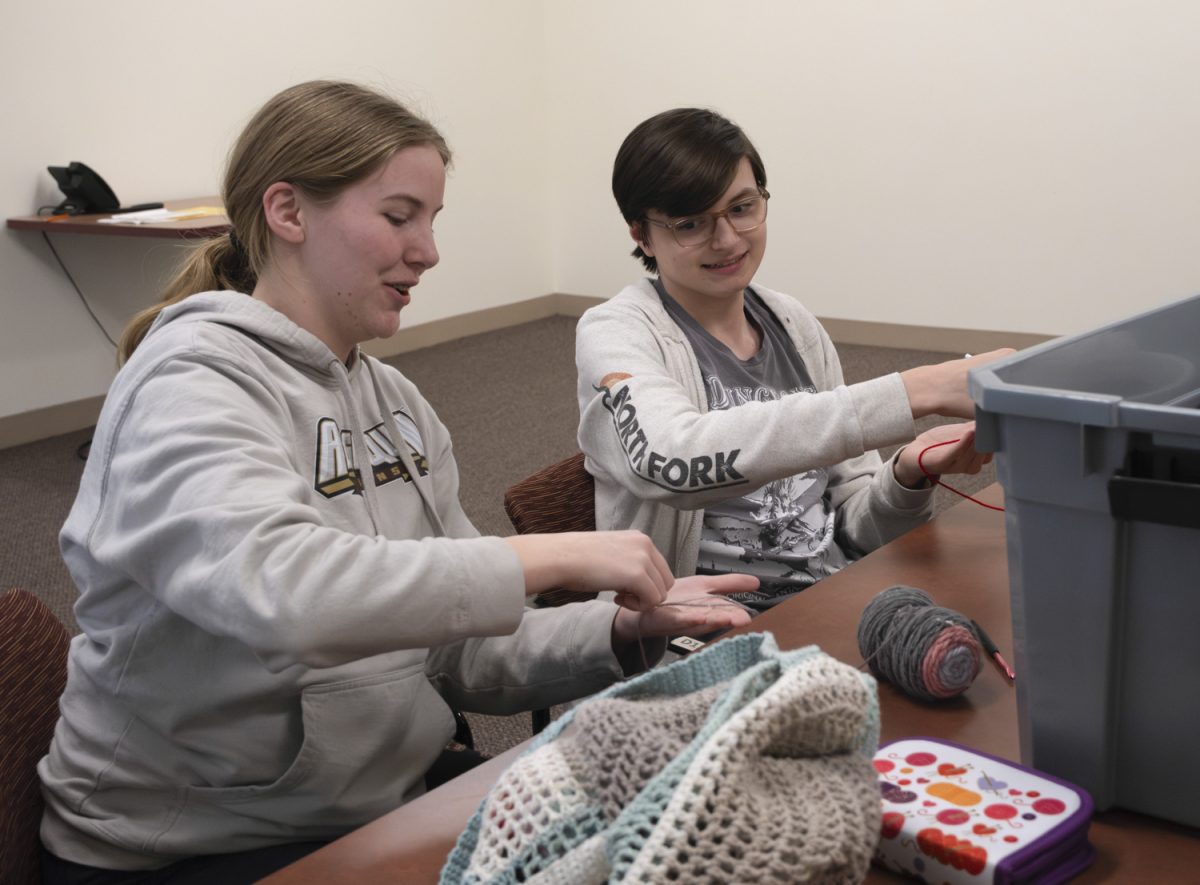Let’s Talk About It
Numbers of students taking higher level language classes diminish
November 8, 2022
Human beings communicate through a plethora of different languages, and because of our reliance on speech to connect, as teenagers, every student is required to take at least two years of a world language class. Although these classes can bring merit and opportunity to students, many decide to stop there and pursue other classes. Because of this lack of interest from students, many of the upper level classes are forced to be cut from the final school schedule and replaced by other classes in higher demand from students.
The French language is the one most affected by the cuts, as there is only one French teacher, and this year, the highest level of French being offered is level three.
French teacher Amy Roznos says students focus too much on ‘mastering’ the language and set unrealistic expectations for themselves that can dissuade them from continuing their education in this field.
“Even after three, four or five years of language, you’re still practicing speaking correctly in the present tense all the time,” Madame Roznos said. “Sometimes students make mistakes or they can’t speak exactly the way that they would in English after two years, and they’re like, well, I’m just not good at it, which isn’t the case. It’s just unrealistic expectations.”
Madame Roznos believes that many students are led to think other departments like STEM are more important than humanities, and although STEM is an important department, it doesn’t negate the importance of other departments.
“People have this idea that STEM careers are more difficult, and they’re more prestigious. You are proving that you’re a better person or you’re smarter if you do well in science, or math, or something like that than if you do on a language and I don’t see that,” Madame Roznos said. “I feel like language and math are really similar. And that makes sense that they would go together.”
Madame Roznos gives advice to students who are on the fence on continuing their education in languages.
“I want to encourage students to set realistic expectations for themselves, and remember that it’s a skill, it takes practice and it takes time to develop a skill just like any other,” Roznos said. “I would encourage students to talk to adults in their life and ask them if they wish that they knew another language, because I feel like the answer is always yes.”
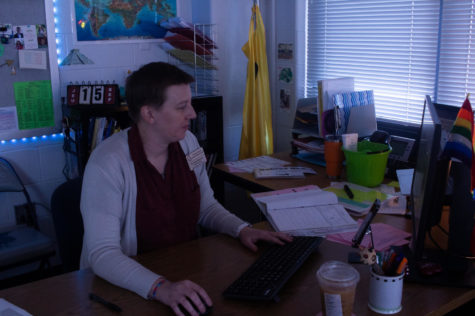
One of the school counselors, Mr. Trevor Wolfe believes students learning another language is beneficial to their developing minds and can broaden their horizons.
“I think World Language classes give students the ability to learn a second language, which I feel can be very beneficial to them when they grow up,” Mr. Wolfe said. “I think learning another language not only benefits the student by knowing a second language, but it also stretches the brain a bit and helps a student learn to get out of their comfort zone a bit by learning a new language.”
Former Spanish student Ally Brower is a junior who took three years of Spanish before deciding to switch out Spanish with a different class.
“I use it mostly as a filler class. Yeah, Spanish was like an important thing to know, but it didn’t really feel like I was retaining anything,” Brower said. “I had a bunch of classes to take instead this year. And so I just couldn’t fit into my schedule. That and I just thought that my time could be better spent, and I already collected a fair amount of knowledge.”
Head of the World Language Department, and one of the Spanish teachers, Dr. Jennifer Miller shared how a class makes it to the final schedule.
“Everybody enrolls in December, January, and then the principal takes all those numbers, and they say, we’re gonna put an average of, say, 26 kids in a class. They’ll do the math and figure out, say, 200 kids signed up for Spanish two. We divide that by 26, we get roughly eight sessions of Spanish two. So I get those numbers from the principal and then I try to build a schedule.” Dr. Miller said. “Sometimes the principal comes to me and says … not many kids signed up for this language class … Sometimes we can run this class if we combine it with another class and then sometimes there’s just not room in the schedule to make it happen.”
Dr. Miller thinks that students perceive Spanish as easier than French and German, and therefore decide to take it for easier points, but there’s actually much nuance in what language a student would be best taking.
“There’s this perception that Spanish is the easy one. And so we get a lot of people that think, well, French and German are hard, which is not true. They all have their pluses and minuses as far as easy and hard,” Dr. Miller said. “If you want to be an engineer, you should probably take German. If you want to be a chef or work in fashion, maybe French is the right idea because there’s a lot of people you’re going to be working with who speak French in those areas.”
Dr. Miller continues to expand on her ideas by reiterating the fact that she believes that students stop learning the language at the most pivotal part of the learning process.
This story was originally published on FHC Today on November 1, 2022.


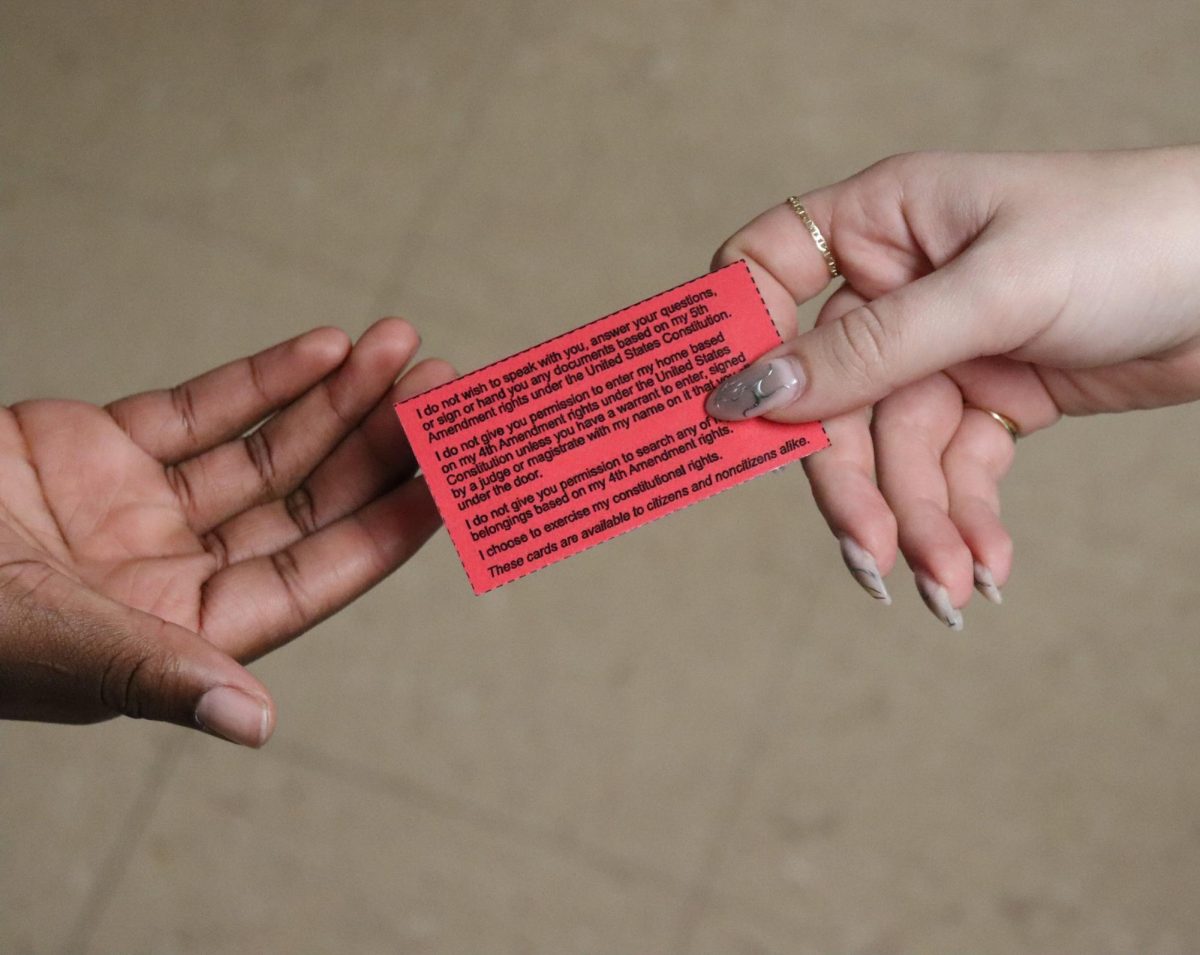





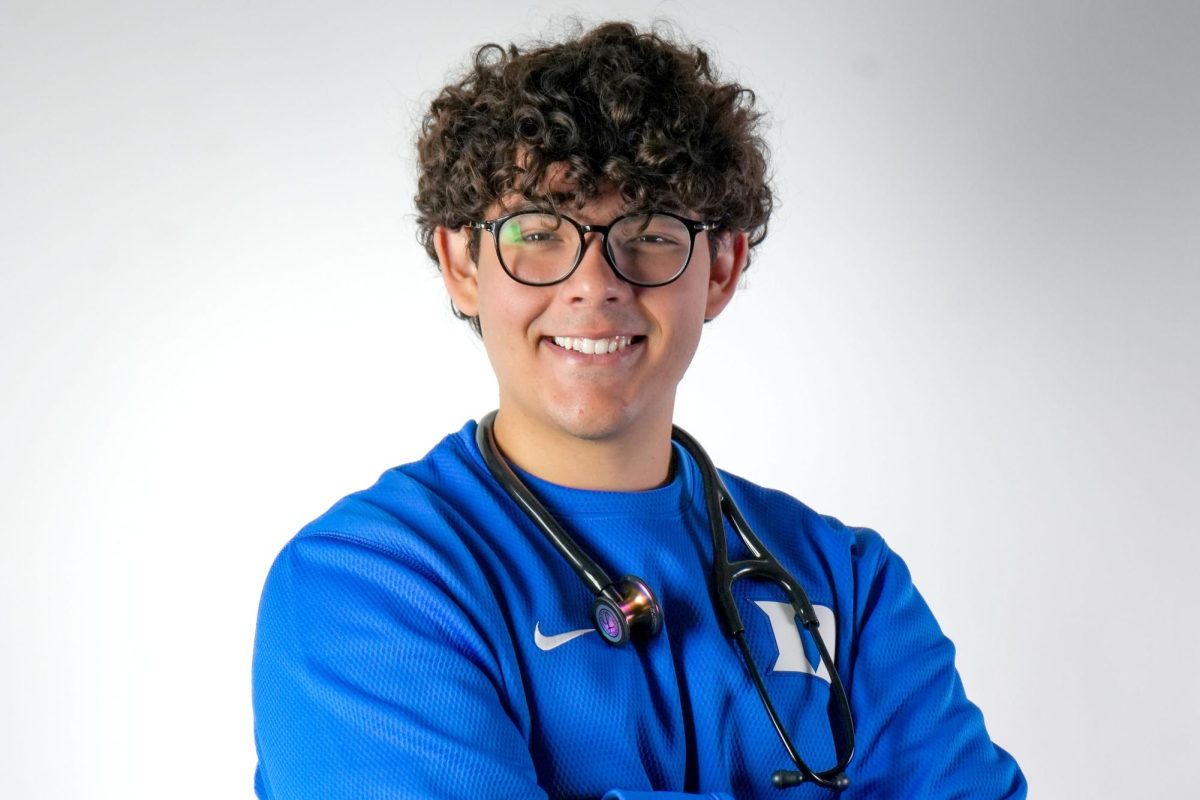

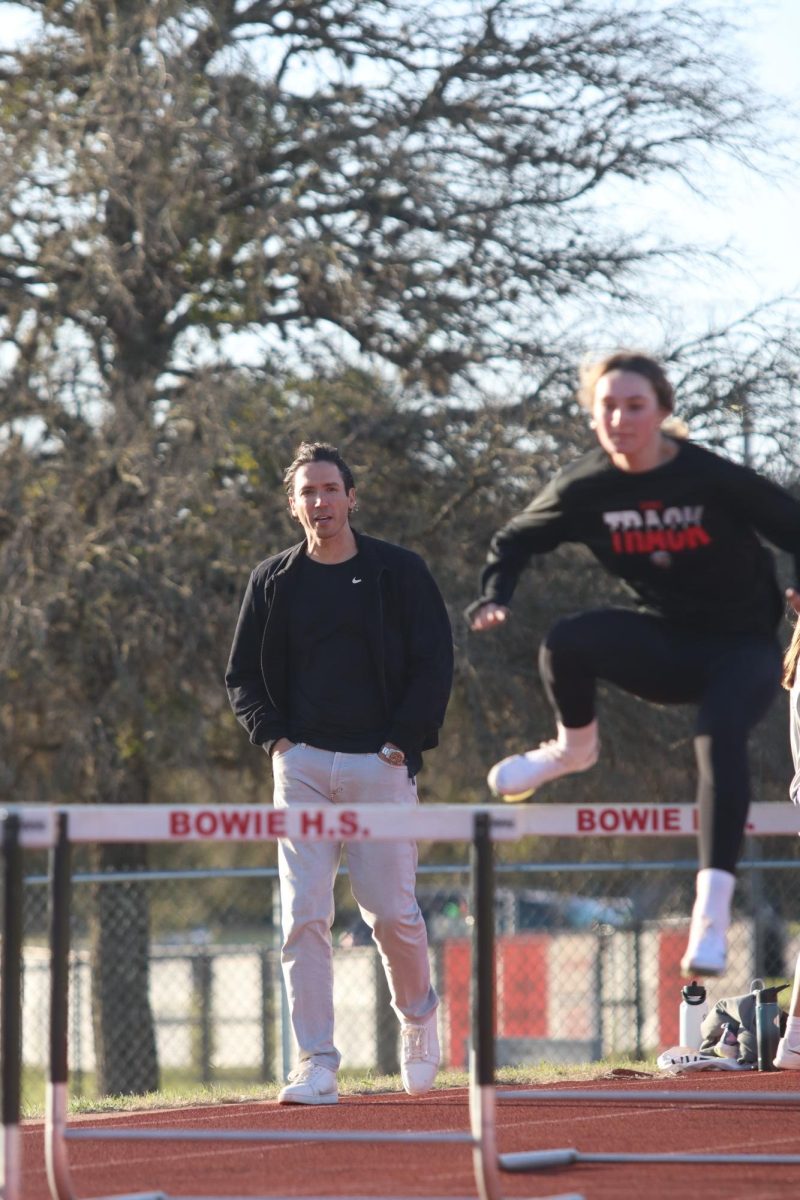
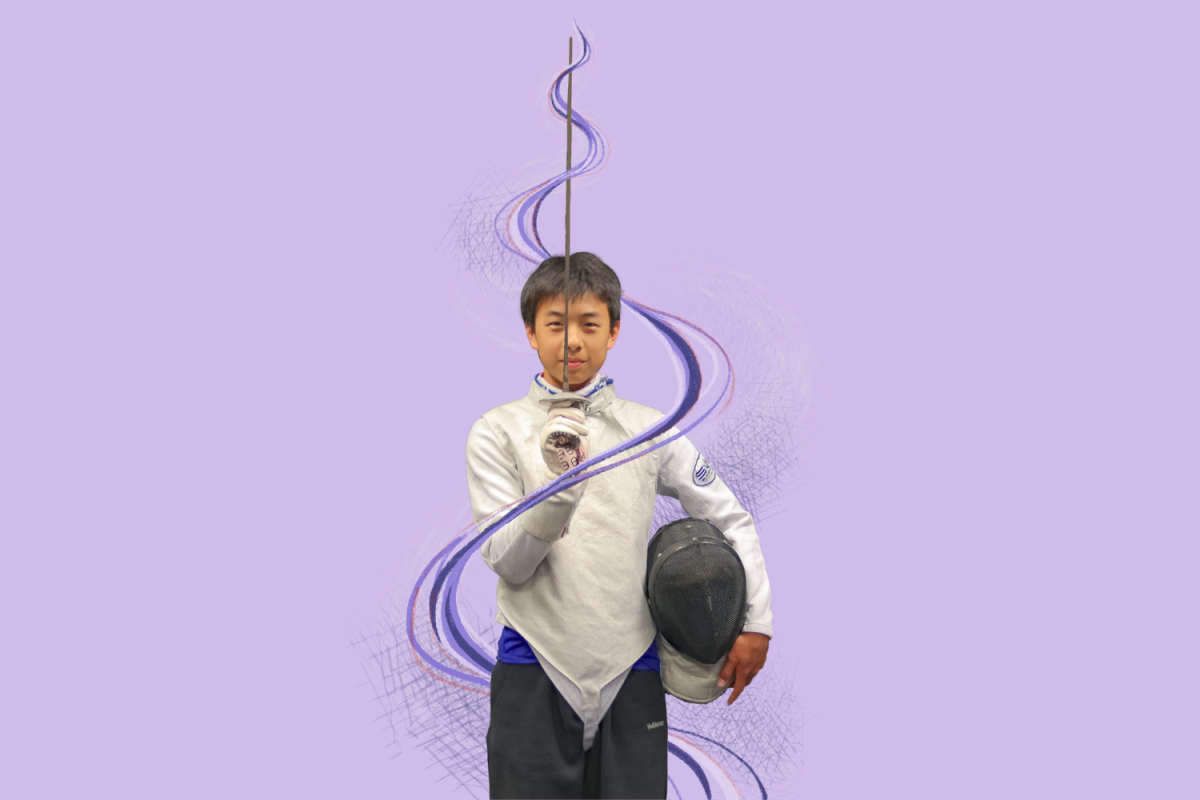



![Finishing her night out after attending a local concert, senior Grace Sauers smiles at the camera. She recently started a business, PrettySick, that takes photos as well as sells merch at local concert venues. Next year, she will attend Columbia Chicago College majoring in Graphic Design. “There's such a good communal scene because there [are] great venues in Austin,” Sauers said. “I'm gonna miss it in Austin, but I do know Chicago is good, it's not like I'm going to the middle of nowhere. I just have to find my footing again.” Photo Courtesy of Grace Sauers.](https://bestofsno.com/wp-content/uploads/2025/05/Grace.png)
